2 franchises. 41 films combined. 3 leading LGBTQ+ characters. For two of the leading franchises with global fan bases – it isn’t enough. The Marvel Cinematic Universe and Star Wars are respectfully the two highest-grossing movie franchises worldwide. In spite of this, remains an unrelenting, and point-blank retrogressive attitude towards LGBTQ+ character representation. Unfortunately, the Star Wars franchise is renowned for its pernicious fan base, and one inspection of its character portfolio highlights the shocking lack of diversity.
Superheroes Are Gay Too
Prior to Marvel’s release of Eternals in Phase four, there was no openly gay character within the MCU’s entire filmography. Phastos is depicted by the excellence of Brian Tyree Henry. The superhero lives with his husband and son after thousands of years of his secret presence on Earth. The excitement for a new team of earth-bound immortals was not long-standing and saw an upheaval of hate escalating with audiences on the film’s release. Because perish the thought of a man in a loving relationship kissing his husband, right?

It was the catalyst of disputes amongst viewers. Only a short time after Eternals debuted, groups such as ‘One Million Moms’ broadcasted their plans to boycott the movie. Not only were audiences irate at a presentation of a healthy relationship, but Marvel were affronted with censorship issues in a number of Middle Eastern countries. Disney declined a large number of edit requests, resulting in the film being pulled from release in cinemas in Saudi Arabia, Qatar, and Kuwait. Eternals’ Angelina Jolie spoke out in anger at the regressive requests shortly after the news.
I’m sad for [those audiences] and I’m proud of Marvel for refusing to cut those scenes out. I still don’t understand how we live in a world today where there’s still [people who] would not see the family Phastos has and the beauty of that relationship and that love. How anybody is angry about it, threatened by it, doesn’t approve or appreciate it is ignorant.
Angelina Jolie
Director Chloé Zhao joined Jolie’s condemnation, stating that she had high hopes that international audiences would not censor her film. There is no understating Disney’s efforts to keep these small-scale representations. But in 2023, the question remains of why it’s taken this long for this battle to take full effect.
Introducing Comic Canons
Films such as Zhao’s are not the only media forms in which these characters are depicted. There’s a history of LGBTQ+ characters preceding the end of the Infinity Saga. Comics have arguably been ahead of this discussion for a while. Loki’s identity is a textbook example of this. Loki’s bisexuality is underpinned in the 2013 comic Young Avengers #15. The prince’s identity is perceived as ambiguous, and it was only a matter of time before this was introduced into the MCU.
Many heated discussions in fan bases intensified with the release of the Loki series in 2021. In a short dialogue with co-star Sylvie, Loki’s bisexuality is alluded to with a fleeting phrase – “a bit of both”. However, these debates quickly soured and turned to hateful attacks that split fan bases. This is on top of an alarming and, truthfully upsetting, amount of fan backlash claiming that Loki’s bisexuality wasn’t necessary to address in the show.

But here’s the thing – this representation isn’t for straight/cis individuals.
The argument that is at the forefront of representation in the Loki series is that it’s an ill representation of bisexuality and gender fluidity. The line was minor and held no promise, not to mention the show is lacking any mention of gender fluidity; despite having an optimal opportunity to do so. But it seems that those involved with the project are proud of the vision they are implementing. Director Kate Herron took to Twitter after the third episode aired to say how important this opportunity was to her, writing:
From the moment I joined @LokiOfficial it was very important to me, and my goal, to acknowledge Loki was bisexual. It is a part of who he is and who I am too. I know this is a small step but I’m happy, and my heart is so full, to say that this is now Canon in #mcu #Loki 💗💜💙
Kate Herron
To Move Forward
There’s a current in this sea of resistance against activism. Up until 2018, Star Wars had no diversity in sexual orientation within its expanse of characters. This is corrected by the producers of Lucasfilm’s animated Star Wars: Resistance series, confirming Orka and Flix as the franchise’s first queer couple. For a franchise that’s been around for 45 years and is one of the most popular sagas, the fact that it has taken this long to feature a queer couple is shocking.
J.J. Abrams fabricated expectations for major LGBTQ+ representation in the lead-up to The Rise of Skywalker in 2019. In a statement that substantiated his view that this was important, he said:
And in the case of the LGBTQ community, it was important to me that people who go to see this movie feel that they’re being represented in the film…
J.J. Abrams
Alarmingly, this statement is in reference to a same-sex kiss at the end of the two-and-a-half-hour run. It is almost a blink-and-you-miss-it moment because it is in the backdrop of a shot for two and a half seconds. And don’t get me wrong, the LGBTQ+ community appreciates these forms of representation. They are extremely important and beneficial to help standardise LGBTQ+ relationships. However, representation is more than merely introducing a character who is a part of a marginalised community. The connection between the audience and the characters that are being entrusted to us: that is what is important.
It may be worth looking to the actors who have fought the forces of Disney’s executive decisions. In this instance, Oscar Isaac is the ideal ally. Isaac revealed heavy criticism for the filmmakers concerning his character, resistance pilot Poe Dameron, and his potential romantic interest in resistance fighter, Finn (John Boyega) throughout the sequels. He said:
Personally, I kind of hoped and wished that maybe that would’ve been taken further in the other films, but I don’t have control. It seemed like a natural progression, but sadly enough it’s a time when people are too afraid, I think, of… I don’t know what. […] But if they would’ve been boyfriends, that would have been fun.
Oscar Isaac

A New Hope
Mark Hamill joins Isaac in letting his voice be heard, too. The beauty of film and fandom is that these characters are open to interpretation. They are ours to cherish and idolise. Hamill reaffirmed these beliefs and addressed the fan mail he has received since playing Skywalker in 1977. Fandom’s values should be about love, and everyone has the right to feel safe and represented. Having actors of such status address these topics and support the cause may not be the end of the battle, but it’s a light in the dark.
It is not a question of whether there should be more representation of LGBTQ+ identities in film franchises. This should not be a battle that we have to fight. Holding a neon sign above the characters isn’t necessary, but there should be a more consistent showing of LGBTQ+ relationships and characters throughout these films to make it feel like the studio heads care about representation and LGBTQ+ identities.
More importantly, we have a duty as citizens to fight these forces. We need to listen to the voices who are telling us that it isn’t enough. LGBTQ+ identities will not dissipate whether you like it or not, and everybody has the right to feel loved and respected in their fan bases, and in the media they consume. If we speak up and use our voices together, we can make a change. We are the spark that’ll light the fire that’ll burn the first order down.



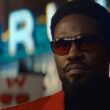

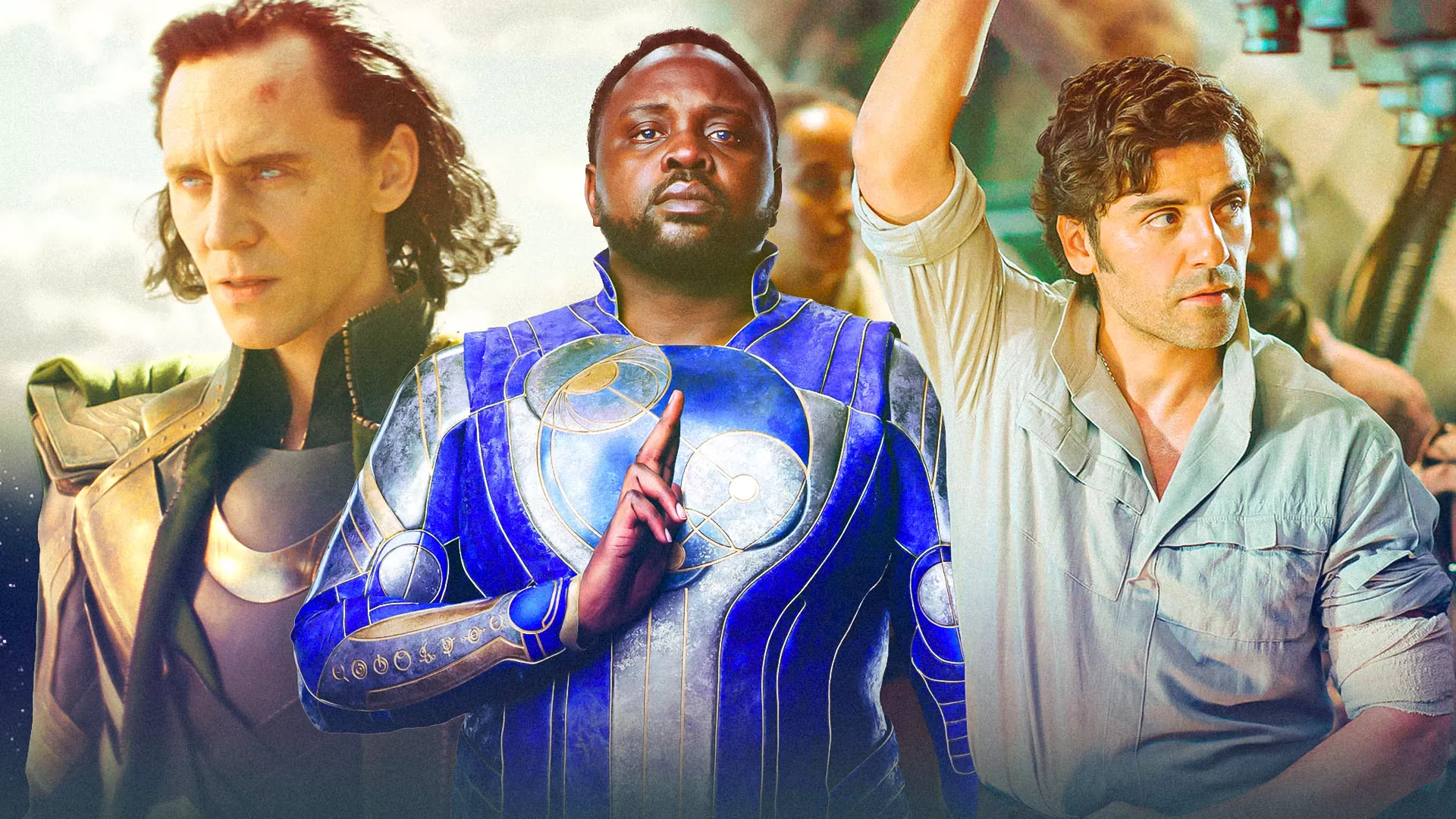
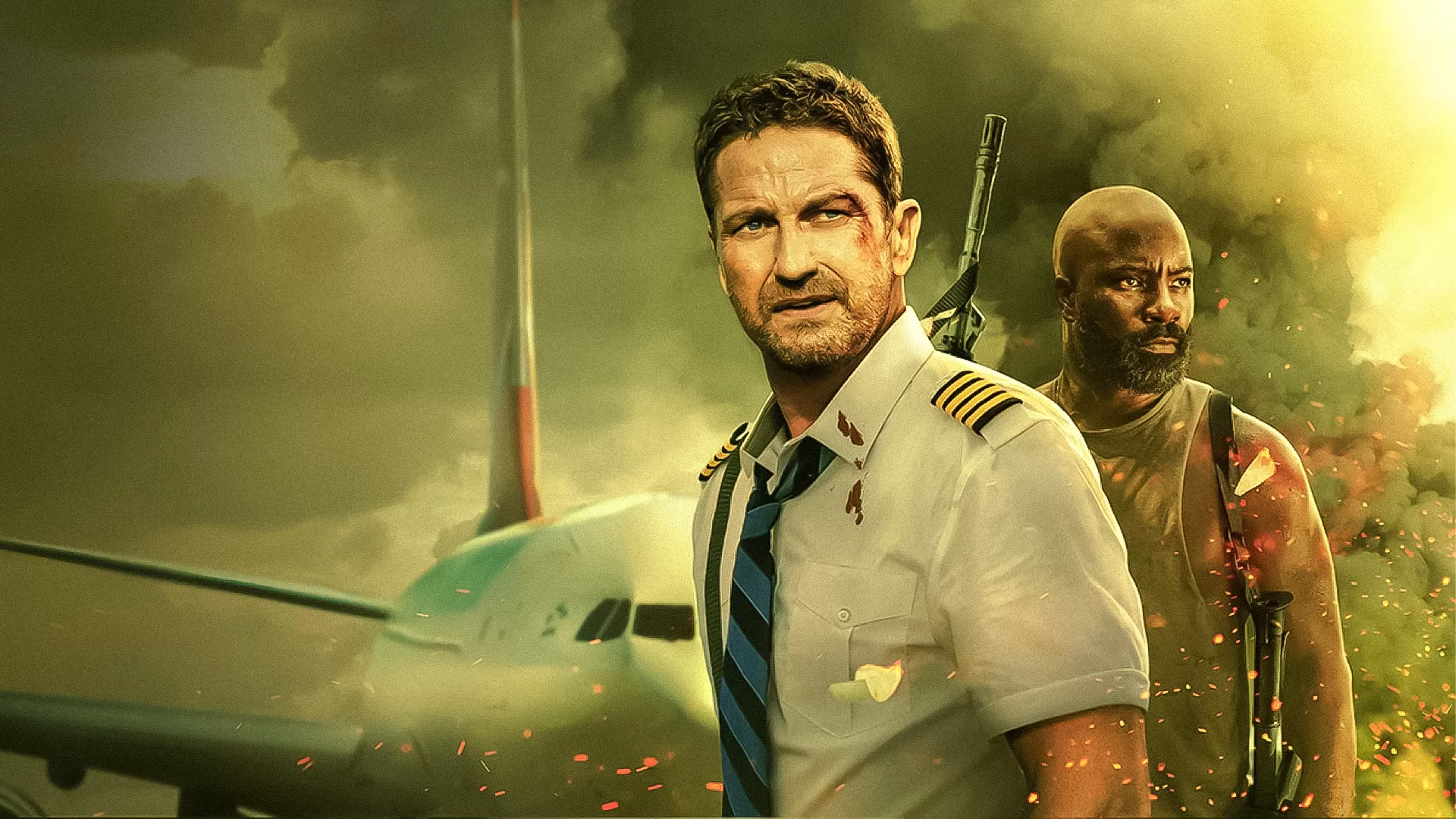
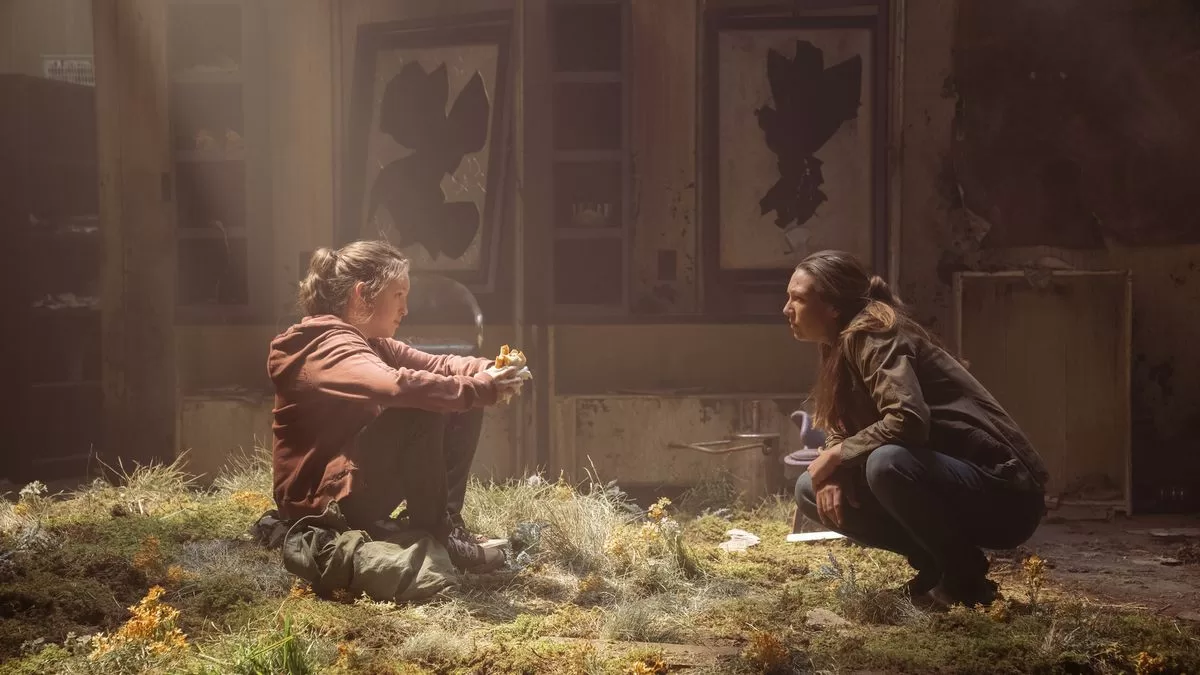
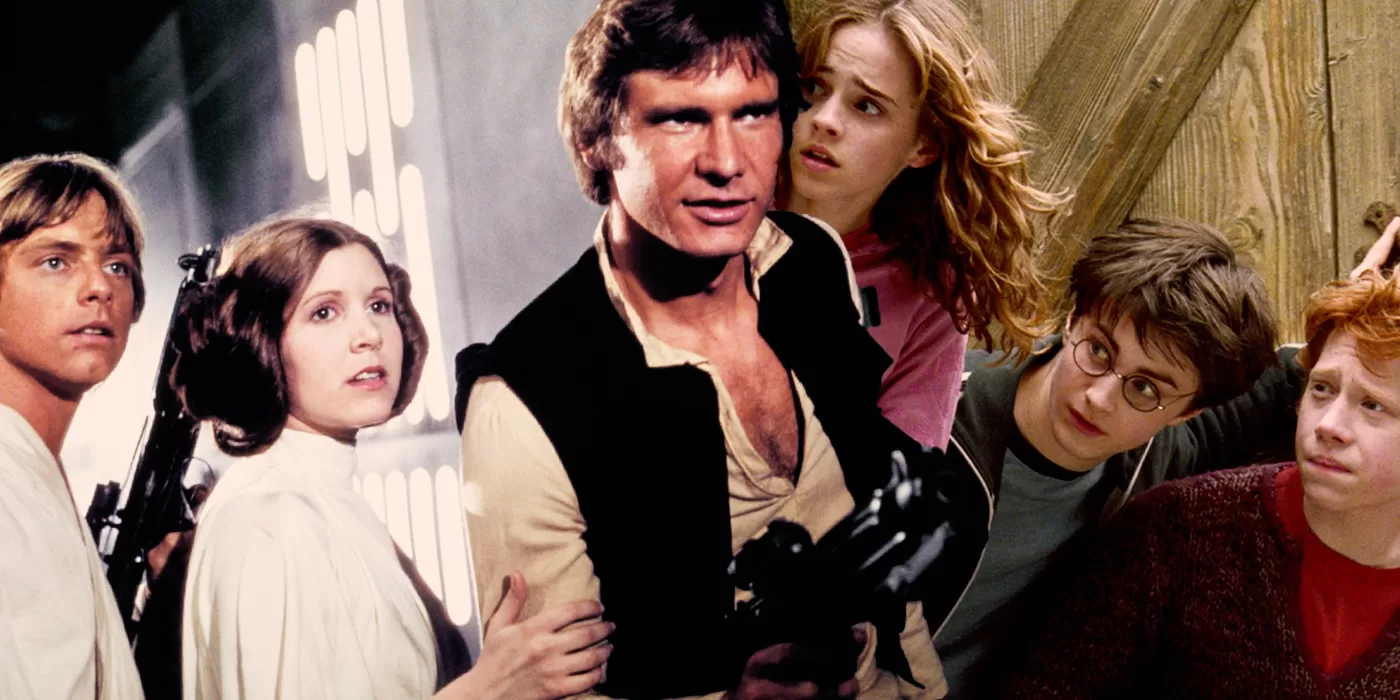

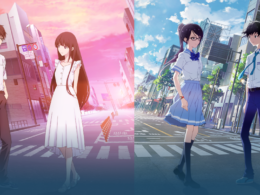
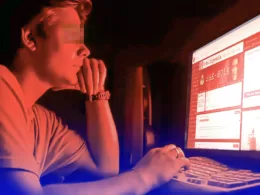
1 comment